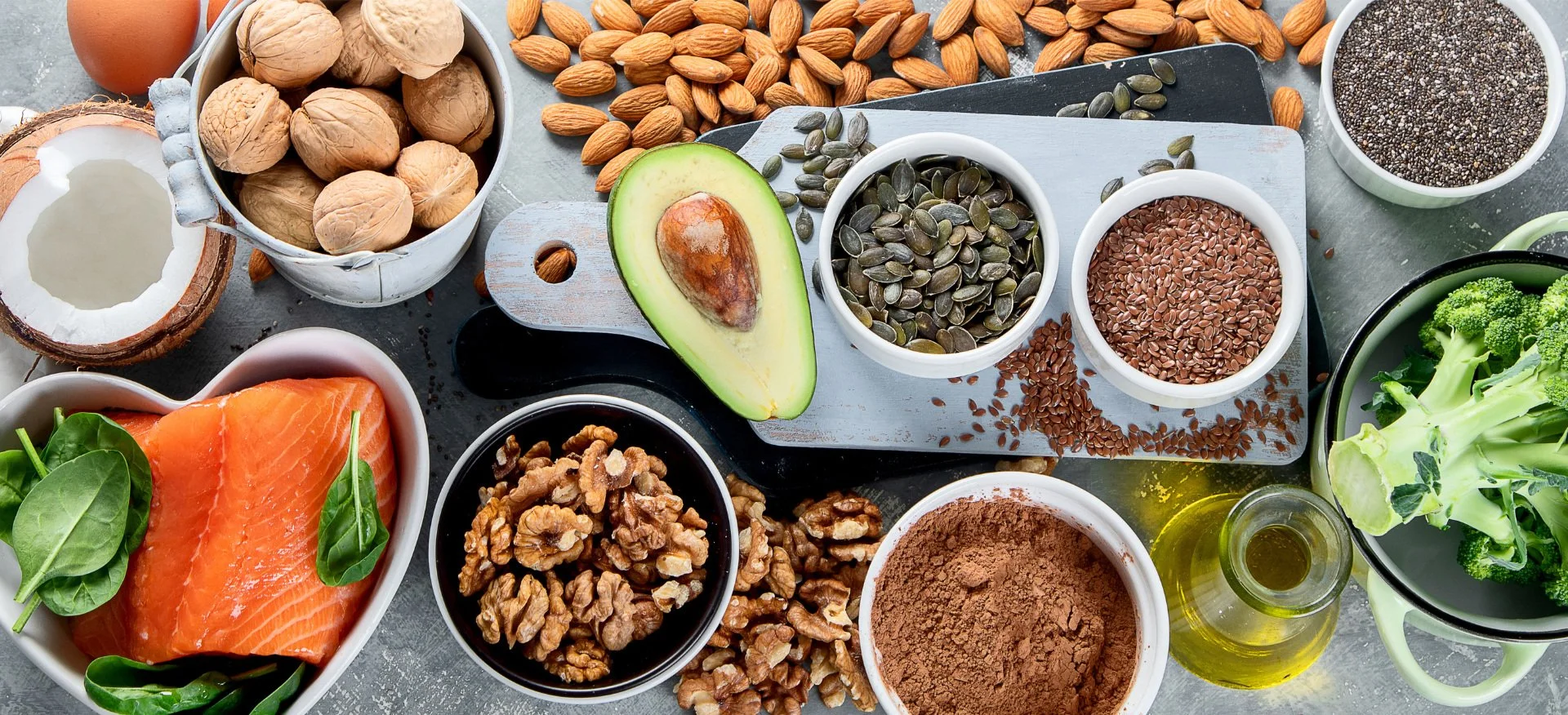In today's world, the debate over whether saturated fat or sugar is worse for your health is more relevant than ever. Both have been linked to significant health issues, including heart disease, obesity, and metabolic disorders. This article offers an in-depth exploration of the distinct ways each of these dietary components impacts your health, aiming to provide clarity and actionable advice for making informed food choices.
Saturated fats, commonly found in fatty meats, full-fat dairy products, and tropical oils like coconut and palm oil, are known to raise LDL cholesterol levels, which can increase the risk of heart disease. However, not all sources of saturated fat are equally harmful. Some dairy products may not elevate the risk of coronary heart disease and might even offer health benefits. The article underscores the importance of understanding the sources of saturated fats and how they affect your body, recommending a daily intake limit to reduce heart disease risk.
On the other hand, added sugars, prevalent in processed foods and sugary drinks, contribute significantly to obesity and other health problems. High sugar intake is linked to increased cardiovascular disease risk and can lead to insulin resistance, a precursor to type 2 diabetes. By reducing sugar consumption, individuals can manage their weight more effectively and improve their overall health.
The article also highlights the benefits of incorporating unsaturated fats into your diet. These healthier fats, found in foods like olive oil, nuts, and oily fish, can lower LDL cholesterol levels and reduce the risk of cardiovascular disease. By replacing saturated fats with unsaturated fats, you can enhance your heart health and overall well-being.
Furthermore, the article provides practical dietary guidelines and recommendations, emphasizing the importance of a balanced diet that limits both saturated fats and added sugars. It encourages readers to make healthier food choices by examining food labels and opting for nutrient-rich foods. By making these informed choices, you can significantly improve your cardiovascular health and reduce the risk of chronic diseases.
In summary, this article offers a comprehensive look at the health implications of saturated fat and sugar, providing valuable insights and strategies for maintaining a balanced diet. By understanding the effects of these dietary components and adhering to recommended guidelines, you can take proactive steps toward achieving optimal health. Dive into the full article to uncover more about how you can balance these elements in your diet and make informed decisions for a healthier lifestyle.
Read More




